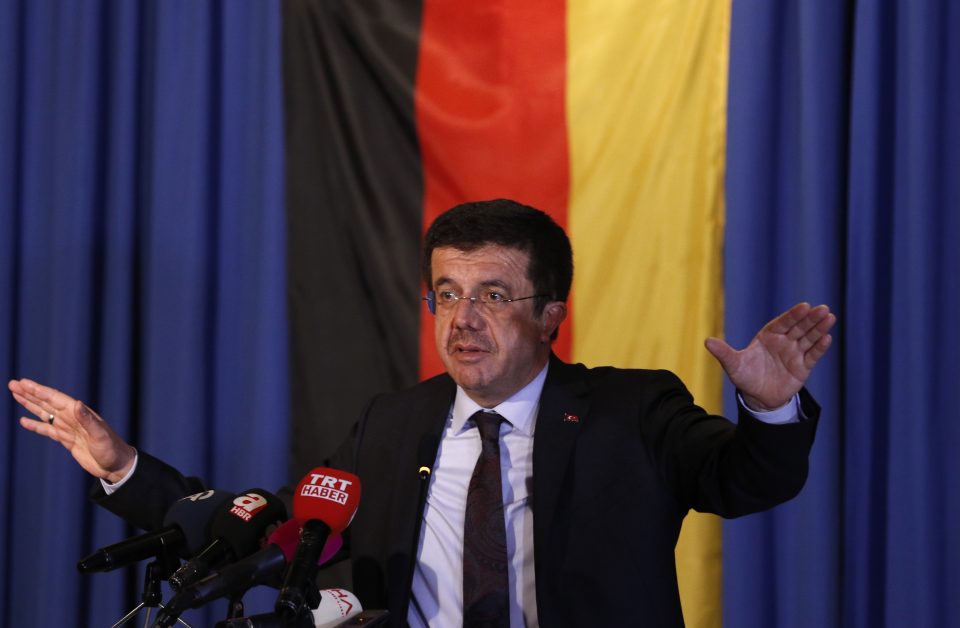Ankara- While Turkey has pointed out that it continues to meet Qatar’s daily needs since the announcement of the boycott by Saudi Arabia, Bahrain, the UAE and Egypt early June, financial sources confirmed that transactions between the two countries are carried out in cash and dollars, based on Turkish suppliers requests, and not through bank transactions.
The Qatari Riyal has witnessed a significant decline since the beginning of the crisis, prompting some global banks to stop dealing with it.
Qatar Sovereign Fund has liquefied some of its foreign investments and convert them to dollars as they were estimated to be $50 billion, according to some Qatari financial sources.
Sources noted that the liquidity was transferred to Qatar, Iran and Turkey to pay for the consuming products as Turkish and Iranian suppliers have conditioned for receiving their money cash and in dollars rather than receiving them through bank transfers as usual.
Ankara announced that it has sent 197 cargo planes, 16 trucks and one ship to Qatar to meet its daily needs.
At a meeting with Turkish Economy Minister Nihat Zeybekci in Ankara, Qatar’s Economy Minister Ahmed bin Jassim Al Thani said Doha’s sea and air trade was continuing without disruption despite sanctions.
For his part, Zeybekci said that Doha has received the shipments after paying for all the products cash.
“We are carrying out business and sending different commodities through signed agreements between the two parties,” Zeybekci added.
“So far, Turkey has exported 15,000 tons of supplies to Qatar. During this period, the total value of our exports to Qatar has reached at some $15 million,” he said.
“We hope the ongoing blockade will soon end and everything will go back to normal. We hope that the issues between the brotherly Arab countries will be resolved within the bounds of brotherhood,” Zeybekci added.
On how Qatar is dealing with the ongoing blockade, al-Thani said: “Qatar’s economy is very strong. Our economy has always shown resilience in the face of regional and global economic crises”.
